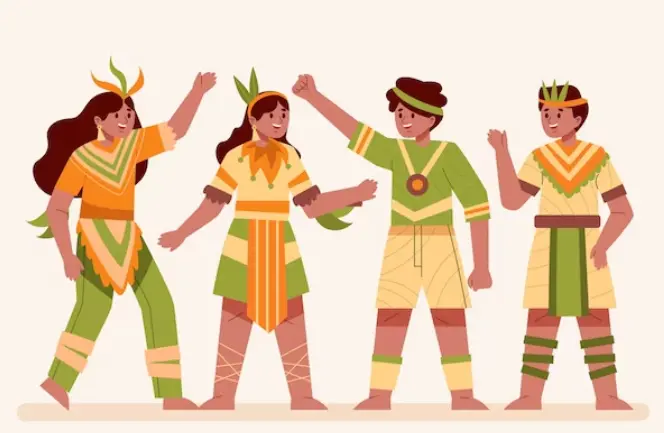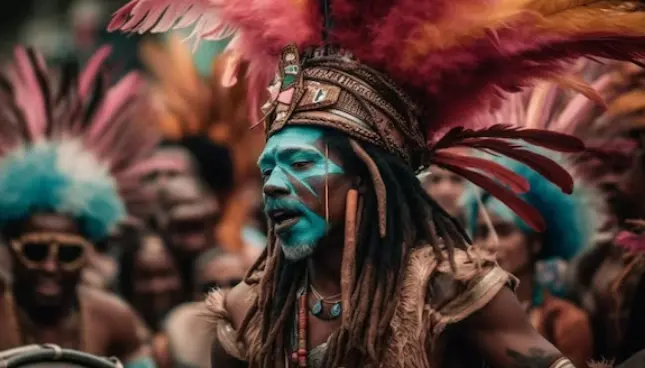Introduction:
Tribal communities, with their rich cultural heritage and deep connection to the land, have been fighting for their rights to land ownership and resource management for centuries. This blog post sheds light on the significance of tribal rights, the challenges faced by these communities, and the importance of safeguarding their ancestral land and resources.
Understanding Tribal Land Rights:
- Begin by explaining the concept of tribal land rights, emphasizing the historical and cultural significance of their connection to the land.
- Discuss the diverse legal frameworks that recognize and protect tribal land rights, both nationally and internationally.
- Highlight landmark cases or legal precedents that have shaped the discourse around tribal land rights.
Challenges and Misconceptions:
- Identify the common challenges faced by tribal communities in asserting their rights to land and resources, including government neglect, forced displacement, and lack of legal recognition.
- Address common misconceptions and stereotypes that hinder the protection of tribal rights, such as landlessness and the notion that tribal communities are obstacles to development.
Impacts of Land and Resource Loss:
- Examine the far-reaching consequences of land and resource loss on tribal communities, including loss of cultural identity, increased poverty, and social marginalization.
- Highlight case studies or personal stories that illustrate the profound impact of dispossession on tribal communities.
International Efforts and Solutions:
- Discuss international initiatives and organizations working to protect tribal rights, such as the United Nations Declaration on the Rights of Indigenous Peoples.
- Explore potential solutions for effective land and resource governance, including recognition of customary land rights, participatory decision-making processes, and sustainable development models.

Empowering Tribal Communities:
- Share success stories of tribal communities' collective efforts to reclaim their land and resources.
- Highlight the importance of supporting and empowering tribal communities through capacity building, access to justice, and inclusive policy-making processes.
- Provide resources and guidance on how readers can get involved and support tribal rights advocacy.
Conclusion:
The protection of tribal rights, particularly their rights to land and resources, is not only a matter of social justice but also crucial for environmental conservation and sustainable development. By acknowledging and upholding the rights of tribal communities, we can pave the way for a more inclusive and equitable society that celebrates diversity and preserves our cultural and natural heritage.



